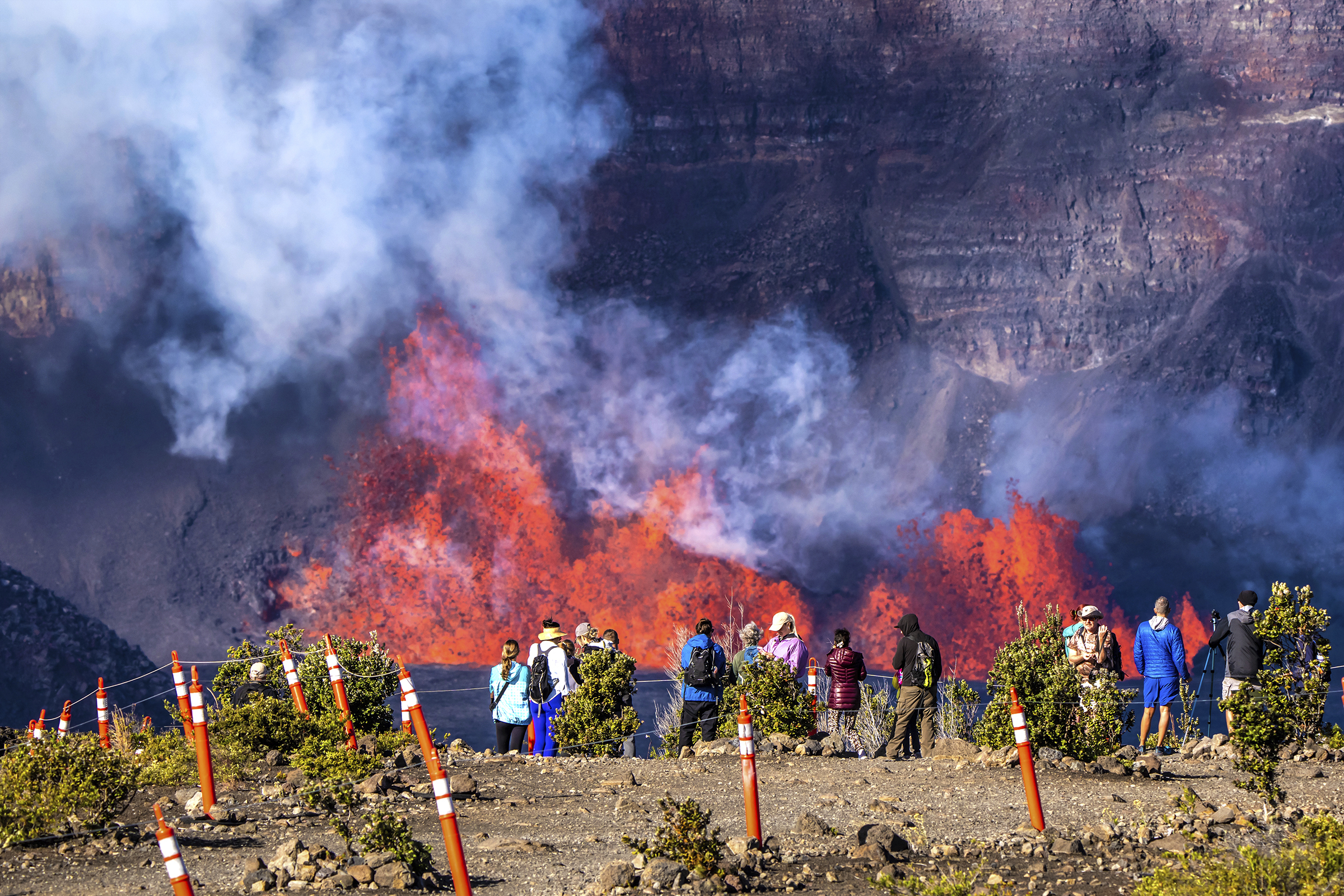The United States Marine Corps (USMC) was ordered by federal environmental officials to clean, refill and test two public water systems at Camp Pendleton after the remains of small animals were discovered in three reservoirs.
The south and north water systems at the sprawling USMC base in north San Diego County provide drinking water to approximately 55,000 customers.
In June, the U.S. Environmental Protection Agency (EPA) inspected the water supply and found “several significant deficiencies at both systems,” per a press release from the EPA.
These issues included the presence of small animal remains in the reservoirs.
After the inspection, the USMC removed the animal remains and drained, cleaned, refilled, and tested the reservoirs. The EPA said the USMC will perform more testing to ensure the water is safe to drink.
The EPA’s inspection also yielded a few other findings including that Camp Pendleton allegedly lacked supervision and qualified operators for the treatment and distribution process at the water systems. The EPA said the base adds disinfectants to its groundwater systems as part of that treatment process, but there was no “adequate supervision” over this process.
In a prepared statement released early Saturday, Camp Pendleton officials addressed this issue and the base’s water systems ordeal as a whole.
U.S. & World
News from around the country and around the globe
Camp Pendleton said qualified operators are on staff with the required state permits to oversee this process. However, a human resources mix-up was to blame.
“At the time of the inspection, Camp Pendleton had the requisite personnel with the required state certifications on staff. Not all of those personnel were administratively assigned the correct billets within our human resources system,” the base’s statement read. “This has been corrected and the drinking water is safe and compliant.”
The EPA also found that the advanced water treatment plant had been periodically shut down and that operators were not completing required equipment testing. Inspectors also found that operators at the base didn’t regularly inspect, maintain, and document monitoring efforts. As a result, foundational cracks and inadequate seals were found within the water systems.
Following the EPA’s order, the USMC has agreed to bring Camp Pendleton’s water systems into compliance with the federal Safe Drinking Water Act.
In addition to the clean-up efforts and ongoing testing of the water supply, the USMC must issue a public notice to inform customers of the compliance issues.
The EPA added: “EPA is requiring the USMC to shut down, inspect, clean and sample all other Camp Pendleton reservoirs for total coliform within 180 days. Should any of the samples test positive, USMC must issue a public notice and provide affected customers the choice to receive an alternative source of drinking water. These reservoirs may not be returned to service until approved by EPA.”
Camp Pendleton's statement about the base’s water supply read, in part: “The base is committed to providing safe and compliant drinking water. This is a duty and responsibility we take seriously.”
Camp Pendleton said regulators and inspectors agree the water at the base was and continues to be safe to drink. The base will continue making improvements to the systems, including bi-weekly testing and verification by the state.
Camp Pendleton said officials are awaiting the water test results from the three reservoirs that were drained and cleaned. Since being refilled, those reservoirs have been tested every two weeks and the water has been safe to drink.
Camp Pendleton is home to 34 reservoirs. As part of the agreement with the EPA, the base will perform visual inspections on all of those reservoirs within 30 days and provide documentation to the EPA. Those inspections are ongoing. Within 180 days, all 34 reservoirs will be cleaned by a third party.
Monthly progress reports and meetings with EPA regulators are also part of the plan, according to Camp Pendleton’s statement.
Alexis Strauss, EPA’s Acting Regional Administrator for the Pacific Southwest, said the agency’s priority is to ensure the base achieve compliance in a timely manner so the water supply continues to safely serve those who live and work at Camp Pendleton.
“Public water systems must meet all state and federal requirements to provide safe drinking water to their customers,” she added.
NBC 7 reached out to Camp Pendleton officials on Saturday for further comments on the incident.



